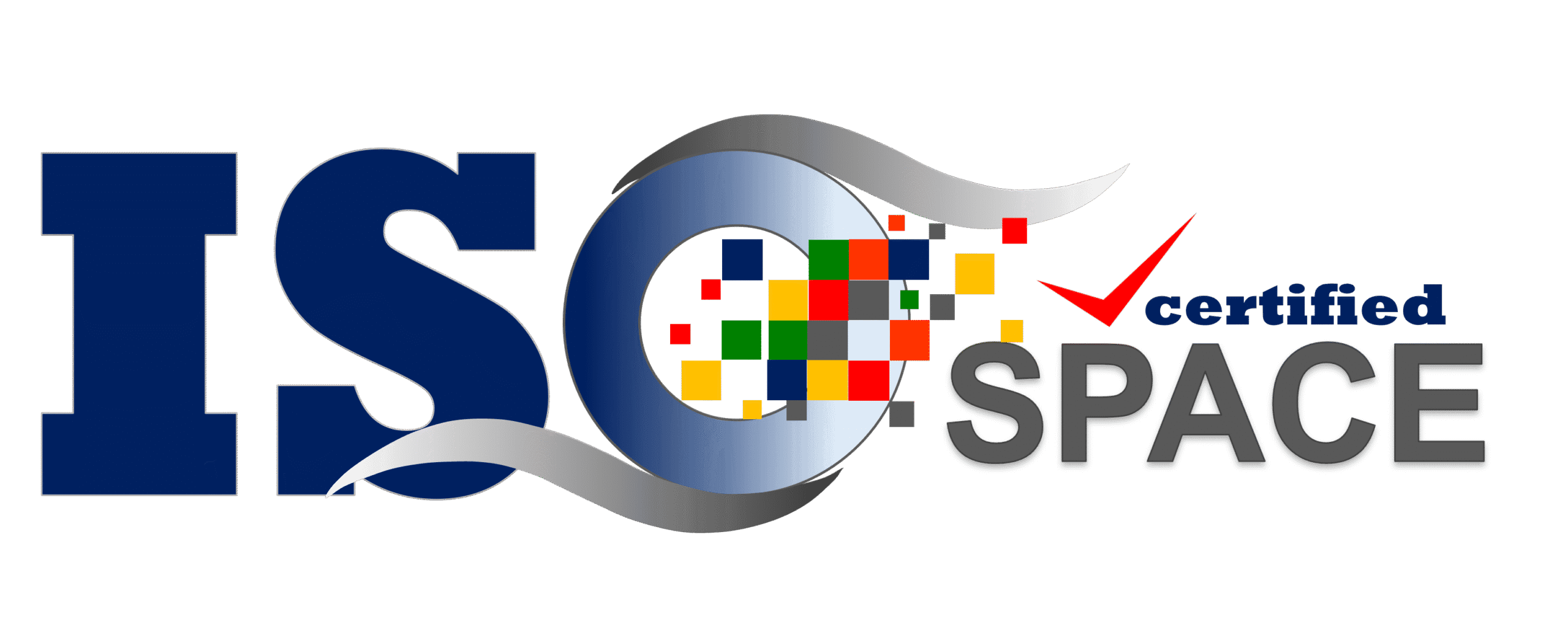Let’s illustrate two companies operating in the same industry. The first company’s office is filled with business awards, but its waste piles up behind the factory floor, and its chimneys are rarely cleaned. The second company may not be as talkative, but it has a structured system for conserving energy, minimizing waste, and actively seeking out more environmentally friendly raw materials. Which company is more attractive to today’s investors and consumers?
This is the essence of ISO 14001. It is not a plaque to be displayed in the lobby, but rather a framework that encourages an organization to rethink its relationship with the environment not as an obligation, but as an integral part of the business strategy itself.
Understanding the Meaning Behind the Standard: What Actually Is ISO 14001?
Simply put, ISO 14001 is the international standard for Environmental Management Systems (EMS). It provides a framework that any organization, large or small, can use to systematically manage its environmental impact.
The key word here is “SYSTEM .” ISO 14001 doesn’t tell you to use solar panels or ban the use of plastic. Instead, it asks you to build a system that allows you to:
- Identify the environmental aspects of your activities (e.g., electricity use, water, waste production, vehicle emissions).
- Determine which aspects are significant and need to be managed.
- measurable goals and targets to improve environmental performance.
- Implement programs to achieve these targets.
- Monitoring and measuring his progress .
- Keep doing improvement ( Plan-Do-Check-Act cycle ).
So, it’s about discipline and consistency, not about fleeting image.
The Real Impact Felt by Businesses : From Burden to Profit
Many people assume that implementing ISO 14001 is a burdensome additional expense. This is a misconception. When implemented with genuine commitment, the impact is directly felt on the financial health and resilience of a business.
1. Efficiency Leading to Cost Savings.
This is the most immediate impact. With a good system, companies become more aware of waste. More efficient use of energy, water, and raw materials directly translates into reduced operating costs. Well-managed waste means lower disposal costs and potential revenue from recycling.
2. Proactive, Not Reactive, Legal Compliance
In an increasingly environmentally conscious world, regulations are becoming stricter. ISO 14001 compels companies to actively monitor and comply with all applicable legal requirements. This protects companies from costly fines, sanctions, and reputational damage resulting from non-compliance.
3. Access to Wider Markets and Business Opportunities
Many large corporations and government agencies now require their business partners to be ISO 14001 certified. This serves as a sort of “entry ticket” into the global supply chain. Having this certification opens doors to previously closed tender opportunities and strategic partnerships.
In an era where consumers are increasingly discerning, reputation is everything. A documented and third-party verified commitment to the environment (certification) builds customer trust and loyalty. This is a powerful story to market.
4. Improving Employee Morale and Engagement
Employees, especially younger generations, increasingly want to work for companies with positive goals and values. Involving them in structured environmental programs not only raises awareness but also fosters a sense of pride and ownership in the company.
5.Managing Risk Better
By identifying significant environmental aspects, companies can anticipate and mitigate risks, such as chemical leaks, oil spills, or complaints from surrounding communities . always more cheap than countermeasures .
The Challenge Behind The Benefits: Commitment is Key
Implementing ISO 14001 isn’t an instant process. The biggest challenge often lies in changing mindsets . It requires commitment from top management and participation from all levels of staff. Without it, the system can degenerate into a collection of inanimate documents and forms, becoming a mere administrative burden.
Conclusion: An Investment, Not an Expense
Viewing ISO 14001 as simply a costly certification is a costly misconception. It should be seen as a strategic investment in the future of your business.
Amidst the pressures of the climate crisis and global awareness of sustainability, businesses that don’t begin integrating environmental practices into their operational DNA will be left behind. They will not only miss out on opportunities but also become vulnerable to regulatory and reputational risks.
ISO 14001 provides a map and compass for navigating this new business landscape. It is proof that caring for the planet is not at odds with profit-making; rather, they are two sides of the same coin, creating a resilient, relevant, and meaningful business for the long term.
Want to know more or need help regarding ISO certification,contacct us at :
- Call Center : 083191312000
- Email : marketing@isospace.id
- Contact : Kristina Saragi,081268161778,kristina@isospace.id


Leave a Reply